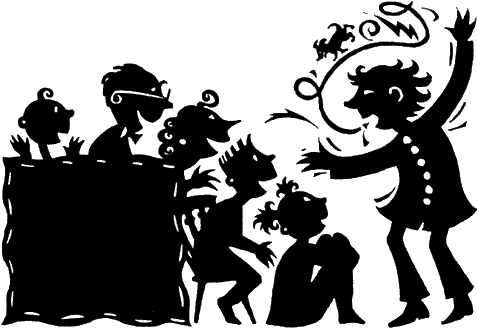Tech for Elections: Telling a Compelling Story About an Election

Beyond developing an effective organization and improving the quality of incoming information, technology is being used in systematic election monitoring to strengthen story-telling and outreach.
Why Does Storytelling Matter?
People experience political change and electoral competition not as a series of numbers and results but as an experiences and narrative in building a democracy. When collecting massive amounts of data as part of a systematic observation process, it’s important for election monitoring organizations to be able to tell a good story, often simplifying the conclusions to a few takeaways. These conclusions still need to be evidence-based and representative requiring an honest accounting and analysis. But in our experience, a systematic analysis told in a compelling way is something few election monitoring organizations are able to do effectively. Often, the story of an election is outsourced to journalists or political actors. Simple data-visualization can help - together with a smart and sound strategy on how to deply them.
“Data visualization", sounds impressive, but is largely any graphic that displays and explains information in a visual way. Infographics are a great example of this, presenting complex information quickly and clearly. Infographics are important because they change the way people find and experience facts - as narratives, and framed as a story.
Before choosing a visualization tool it’s important to frame the tool appropriately. You have to decide whether you want to show a comparison, a specific distribution or composition, or more complex relationship? Check out this “chart-chooser diagram” for instance. Once you have a great visual way to tell your story, you need to get it in front of the right people.
Does Outreach Matter?
What good is your story if nobody hears it? While strategies for outreach start with a comprehensive communications plan which identifies your target audience, develops meaningful messages, and determines your medium of communication, it’s important to understand the fundamental changes that networked technologies allow. In many societies, information sharing has shifted from using primarily broadcast mediums to communicating with an “Internet public”. Social media matters because relationships are significant, and information consumed through them is demonstrably more trusted. In addition, it has the potential for exponential sharing.
Recent elections-related communications projects like Ally Sotak, in Egypt, and Arena Electoral, in Mexico have leveraged technology for both story-telling and outreach successfully. Ally Sotak has been effective at educating voters on their options and rights, while Arena Electoral promotes responsible voting by evaluating candidate platforms. In these ways, and many others, smart uses of technology continue to advance transparency and accountability throughout an election cycle.
